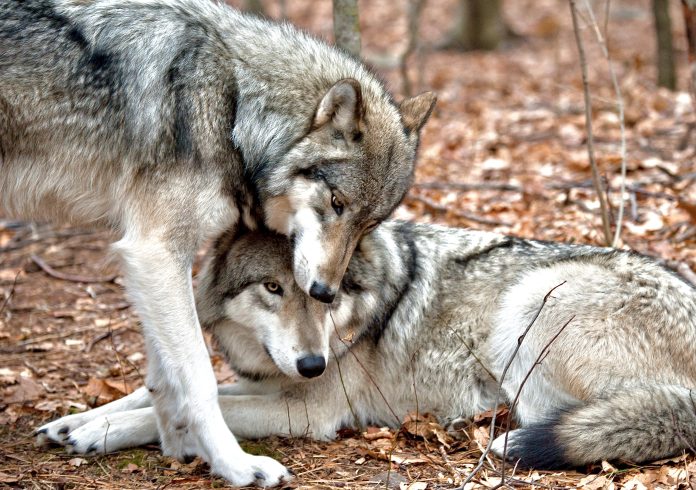
$10,000 Reward For Information On The Illegal Killing Of Two Endangered Gray Wolves In Washington
You can help all animals and our planet by choosing compassion on your plate and in your glass. #GoVeg
RELATED ARTICLES
Pressure Mounts For Arizona To Ban Dog Pack Hunting Of Mountain Lions, Bears & Other Critical Species
Conservation groups have submitted a petition to the Arizona Game and Fish Commission urging a ban on the use of dog packs for hunting...
Help Save Millions Of Lives This Holiday By Choosing Compassion On Your Plate; Adopt A Turkey Today!
As Thanksgiving approaches, we hope you enjoy a warm and safe holiday. We encourage you to make a compassionate choice by leaving animals off...
Giraffes Are One Step Closer To Receiving Vital Endangered Species Act Protections
In response to a petition and subsequent lawsuit by conservation and animal protection organizations, the U.S. Fish and Wildlife Service (USFWS) has proposed listing...
Popular stories
News
Two Risso’s Dolphins Have Been Rescued & Released After Becoming Stranded Off The Coast Of Massachusetts
Photo by: Andrea Spence / © IFAW, Activities conducted under a federal stranding agreement between IFAW and NMFS under the MMPA.
A full day effort...
News
UPDATE! Reward Increases To $25,000 For Information On German Shepherd Who Was Zip-Tied & Dumped In Malibu Canyon
Photo by: In Defense of Animals
UPDATE: The reward has now reached $25,000 for the arrest and conviction of the person responsible for the cruel...
News
First-Of-Its-Kind Research Reveals The Staggering Impact Factory Farming In Canada Has On Our Climate
One of the many topics discussed at COP27 in Egypt this year was the need for the world to address how animal agriculture contributes to the...


